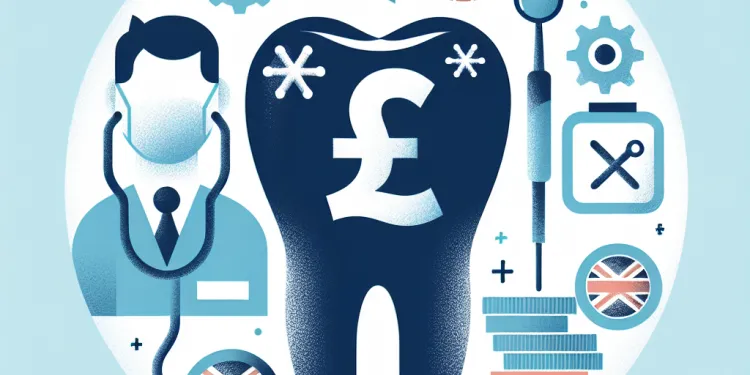
Find Help
More Items From Ergsy search
-
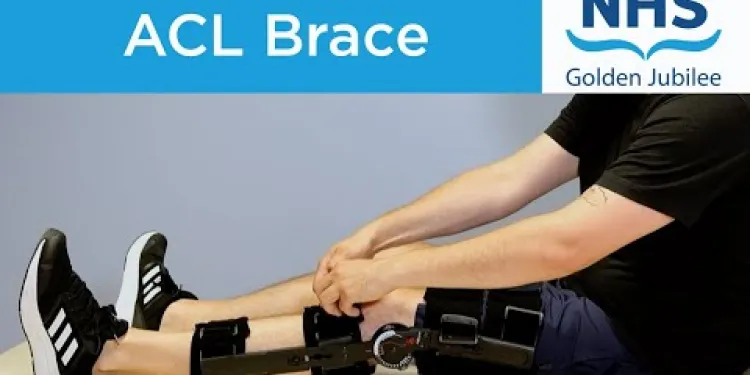
ACL Brace
Relevance: 100%
-

Can I get braces through the NHS?
Relevance: 87%
-
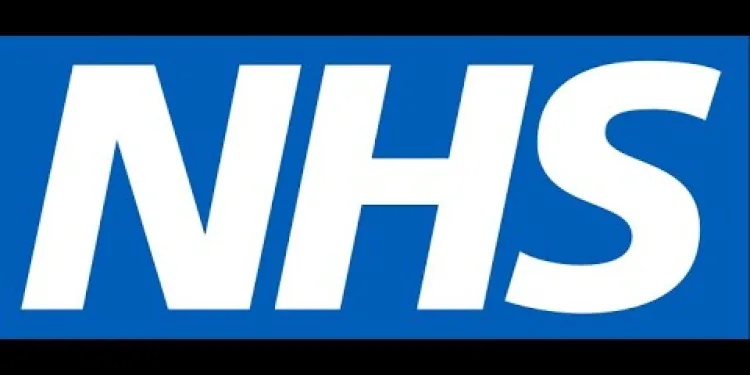
If you want NHS braces, watch this!
Relevance: 86%
-
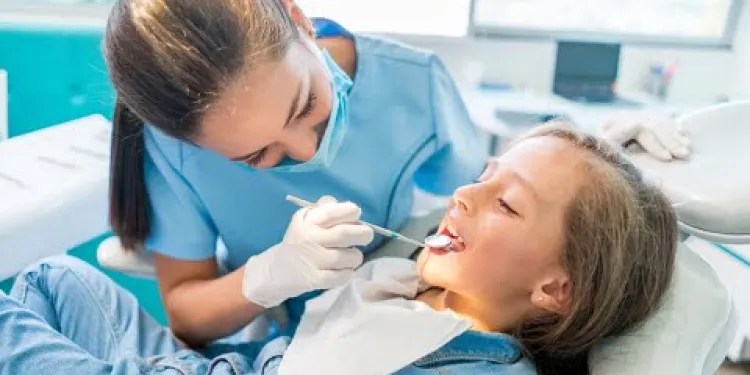
Can my child get braces on the NHS?
Relevance: 86%
-
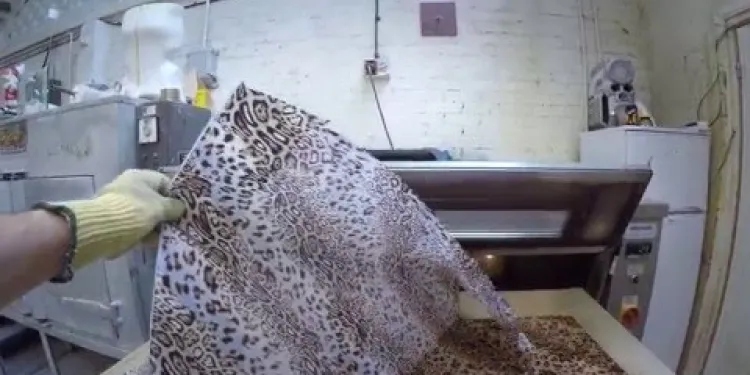
Making a spinal brace for a scoliotic patient at the RNOH
Relevance: 84%
-
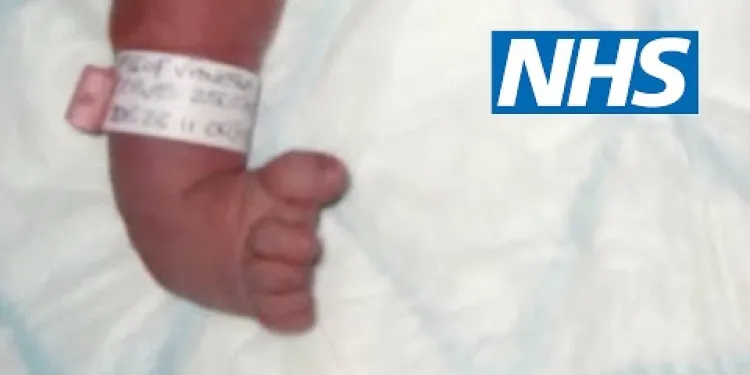
Club foot | NHS
Relevance: 30%
-
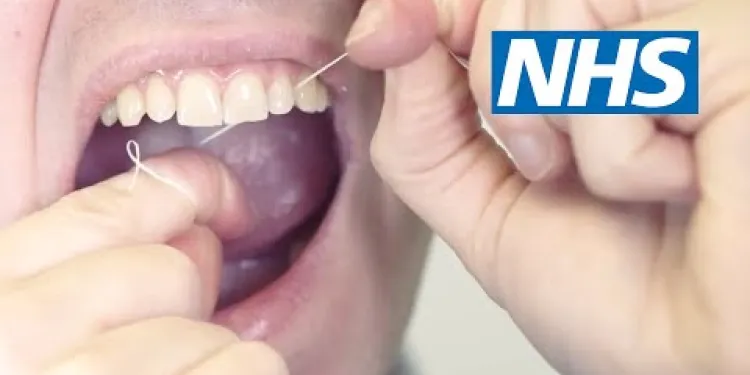
How to floss | NHS
Relevance: 26%
-
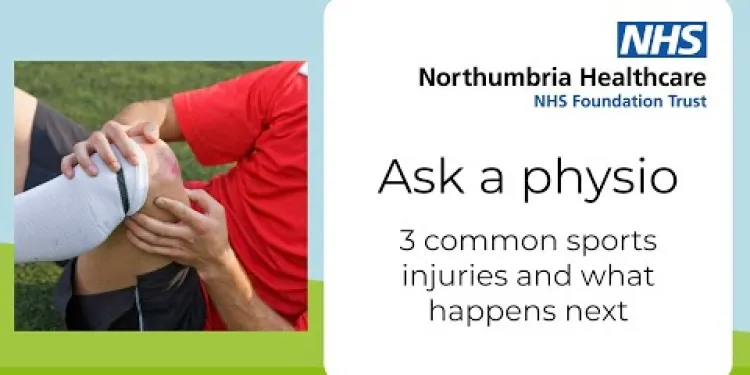
Ask a physio: 3 common sports injuries and what happens next
Relevance: 25%
-
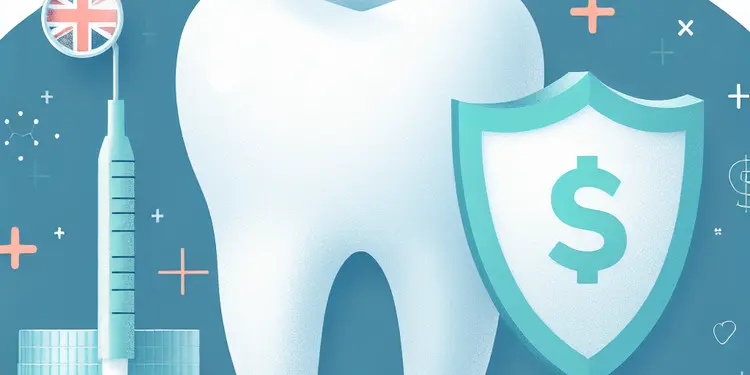
What treatments are covered by the NHS dental services?
Relevance: 23%
-
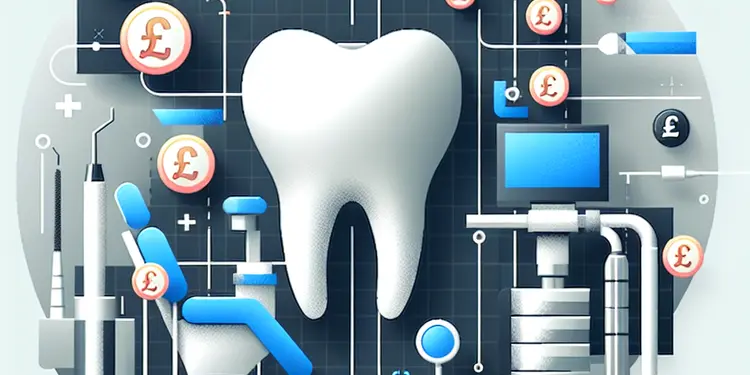
Can I get cosmetic dental treatment on the NHS?
Relevance: 23%
-
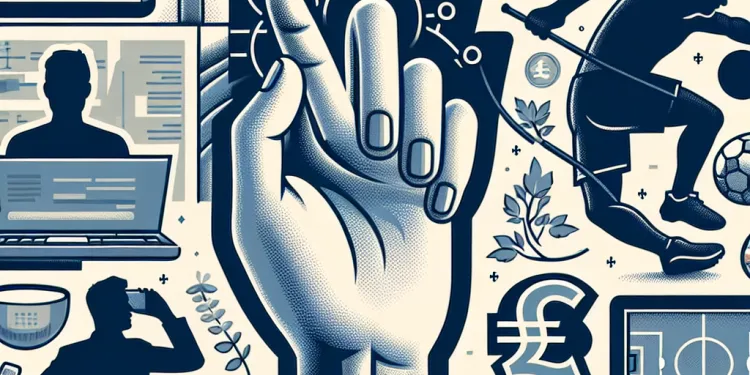
Can I work or continue sports activities if I have Carpal Tunnel Syndrome?
Relevance: 22%
-
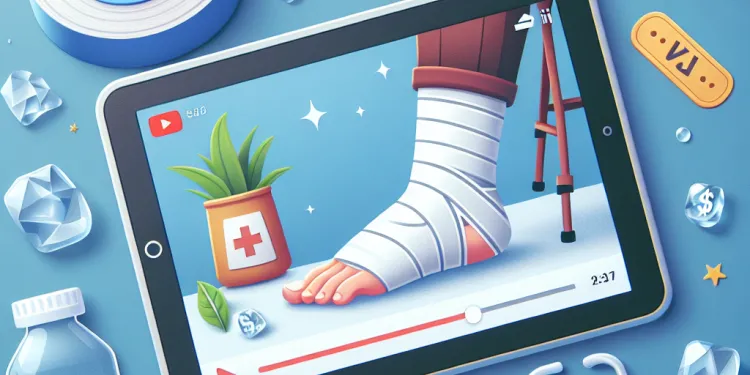
How to treat a sprained ankle
Relevance: 19%
-
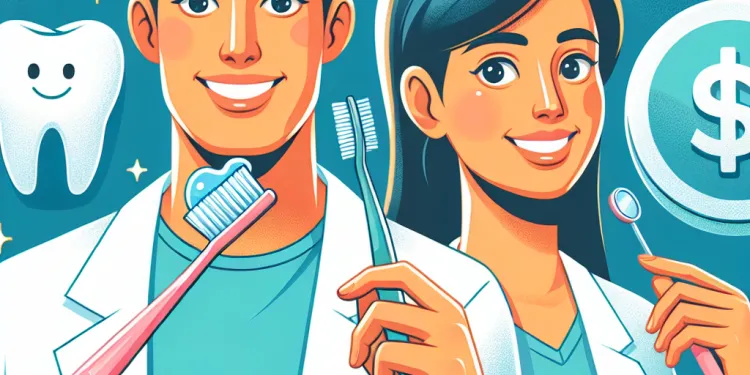
Dental Health: Tips for All Ages
Relevance: 16%
-
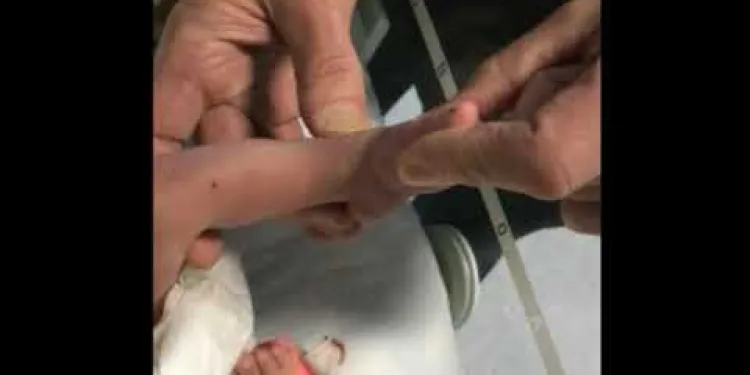
Parent guide to club foot stretches: Step 1
Relevance: 16%
-
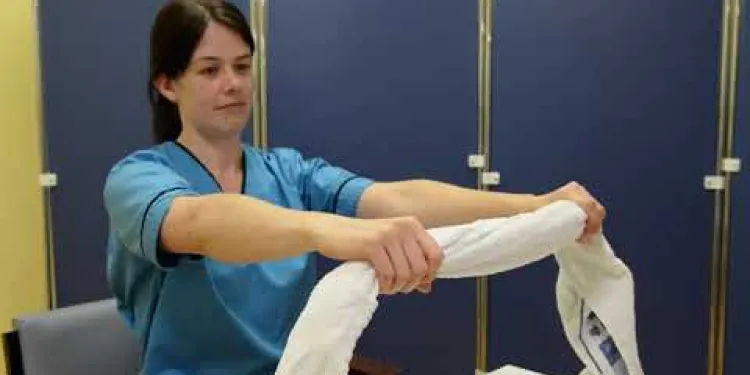
Elbow
Relevance: 15%
-
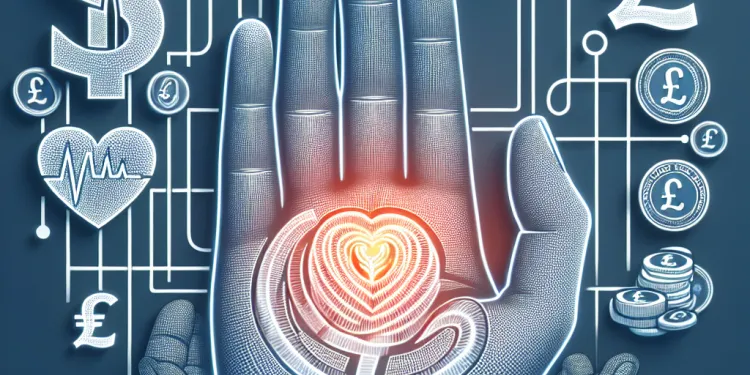
Are there any alternative treatments for Carpal Tunnel Syndrome?
Relevance: 13%
-
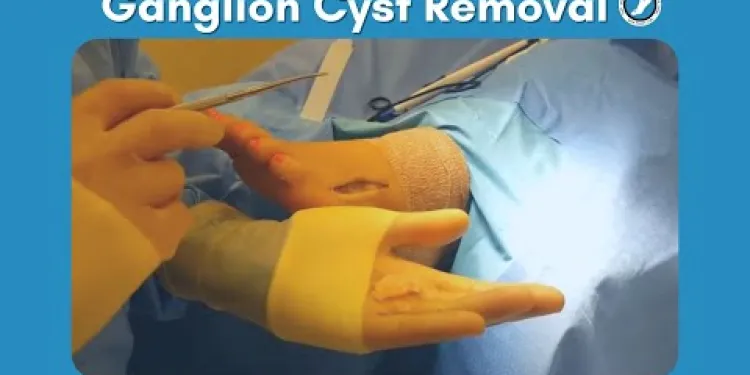
Ganglion Cyst Removal
Relevance: 12%
-
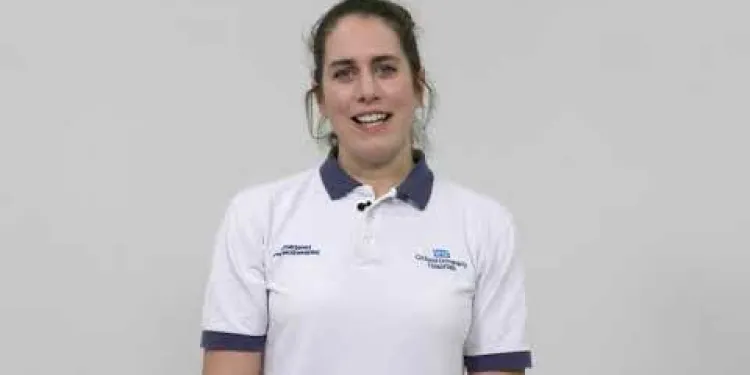
Pelvic Girdle Pain Advice Class
Relevance: 12%
-

Think Pharmacy: Sprains and Strains
Relevance: 12%
-
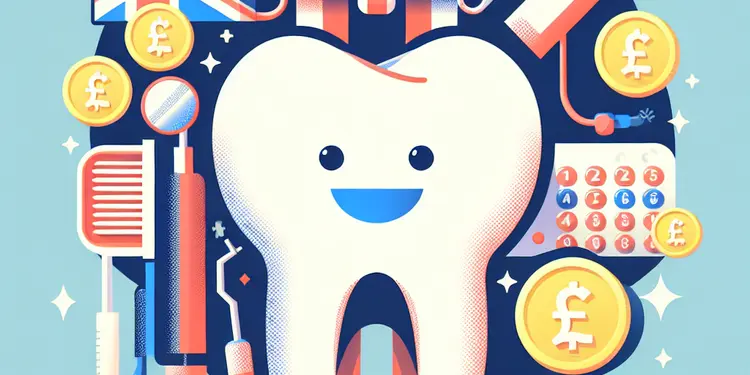
Can children get free NHS dental care?
Relevance: 12%
-
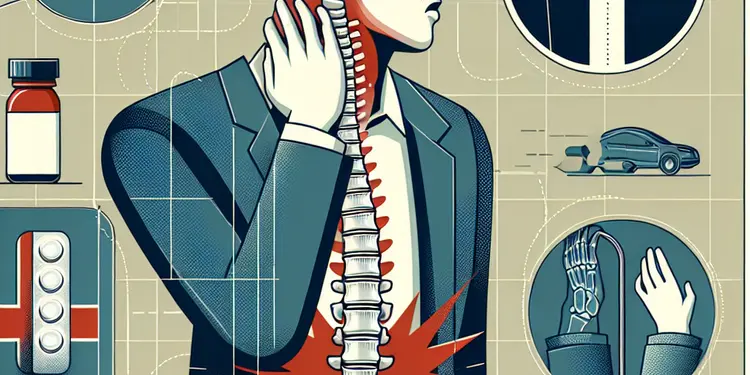
What are the treatment options for whiplash?
Relevance: 12%
-
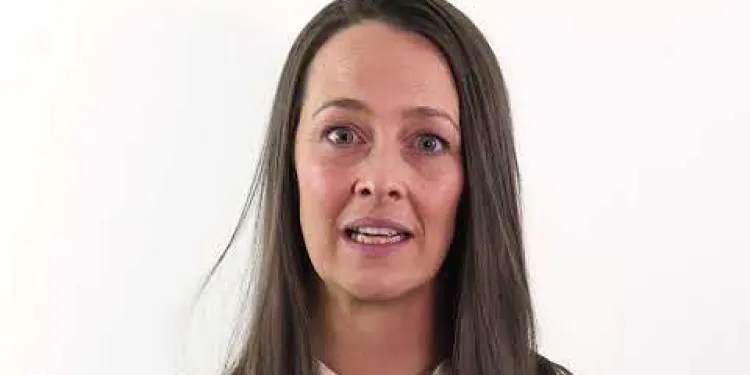
Tennis Elbow
Relevance: 12%
-

Do NHS dentists cover cosmetic treatments?
Relevance: 12%
-
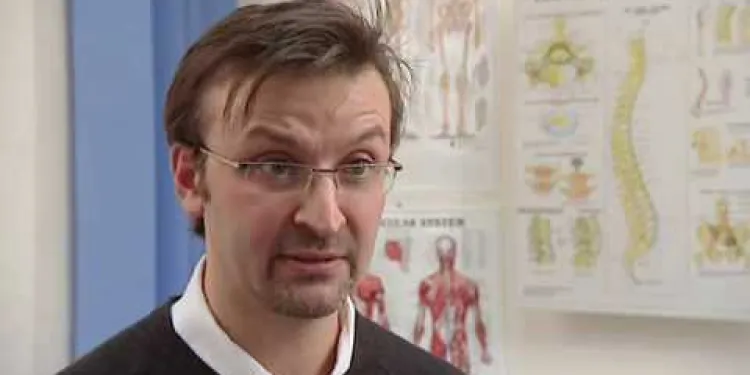
Advice on neck pain and whiplash
Relevance: 11%
-
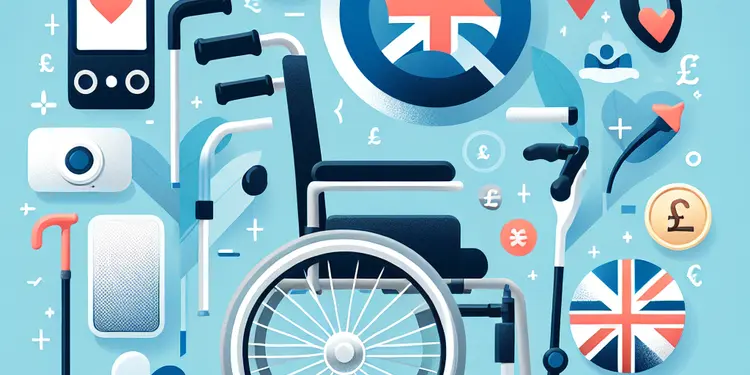
What are common types of mobility equipment?
Relevance: 11%
-

Will the Trump Tariffs affect my business?
Relevance: 11%
-
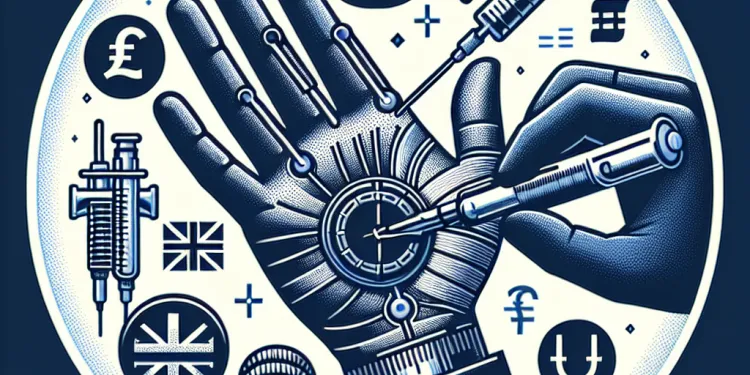
What non-surgical treatments are available for Carpal Tunnel Syndrome?
Relevance: 11%
-

How can I prevent Carpal Tunnel Syndrome?
Relevance: 11%
-
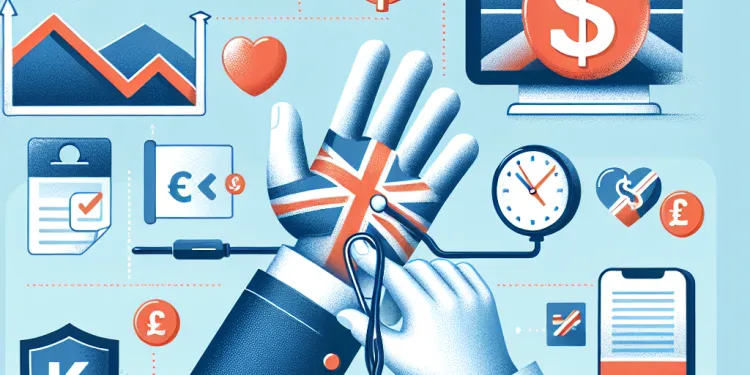
Can lifestyle changes help manage Carpal Tunnel Syndrome?
Relevance: 11%
-

UK Sees Surge in Respiratory Illnesses as Weather Cools
Relevance: 11%
-
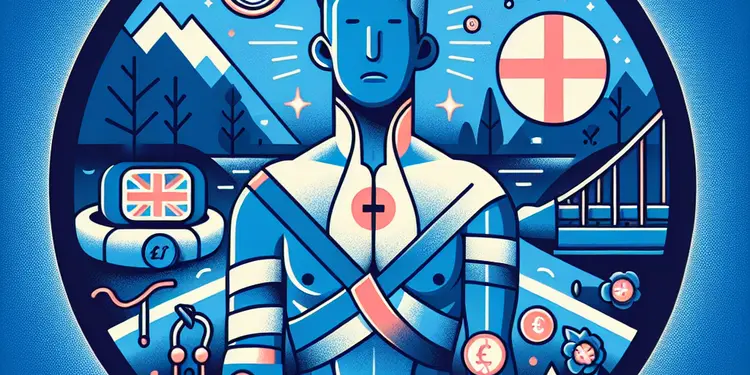
What is the best way to recover from whiplash?
Relevance: 11%
-

Can I get a dentist appointment on the NHS?
Relevance: 11%
-
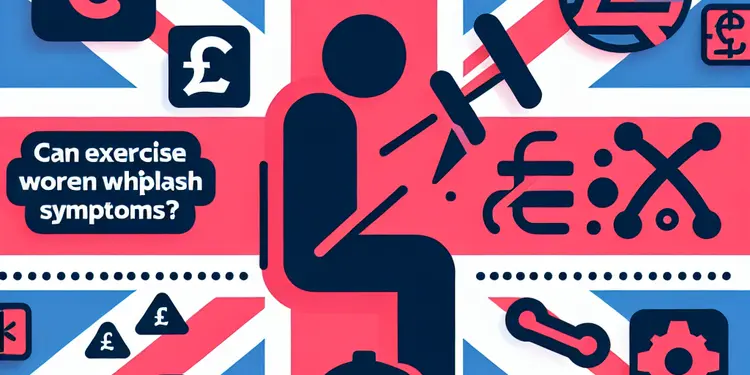
Can exercise worsen whiplash symptoms?
Relevance: 11%
-
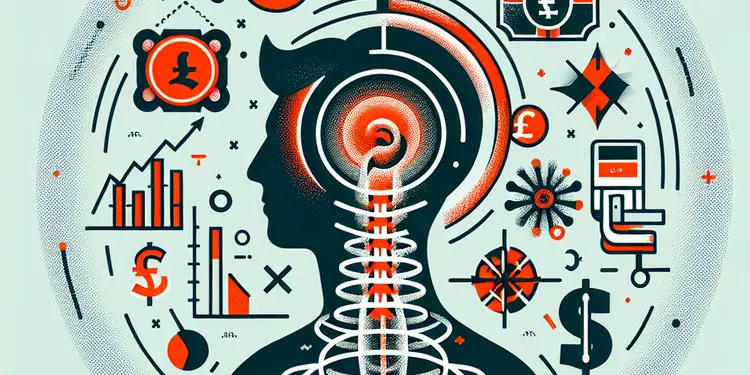
How long do symptoms of whiplash last?
Relevance: 11%
-
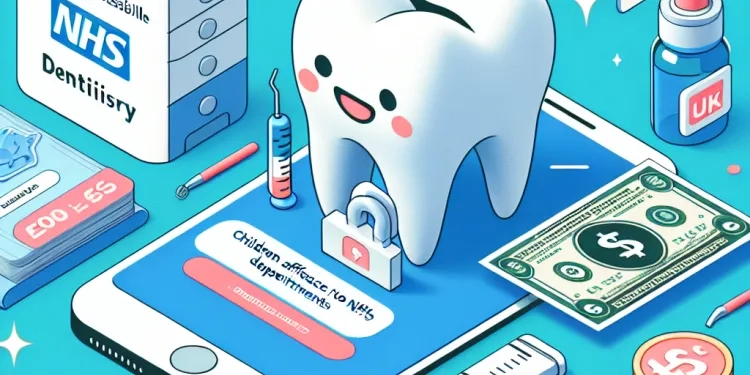
Can children get NHS dentist appointments?
Relevance: 11%
-

What is the role of pain management in treating whiplash?
Relevance: 11%
-
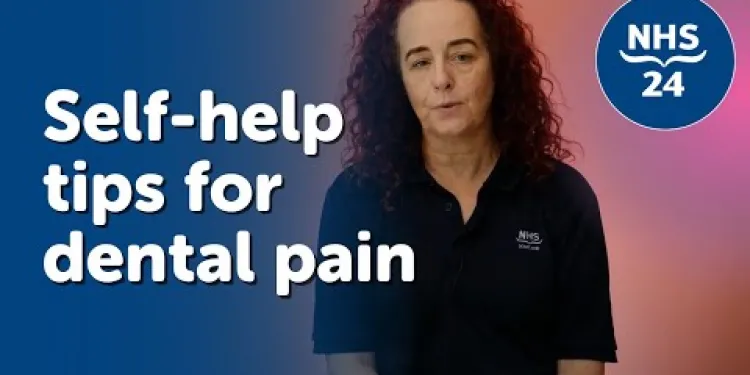
NHS 24 | Self-help tips for dental pain
Relevance: 6%
-
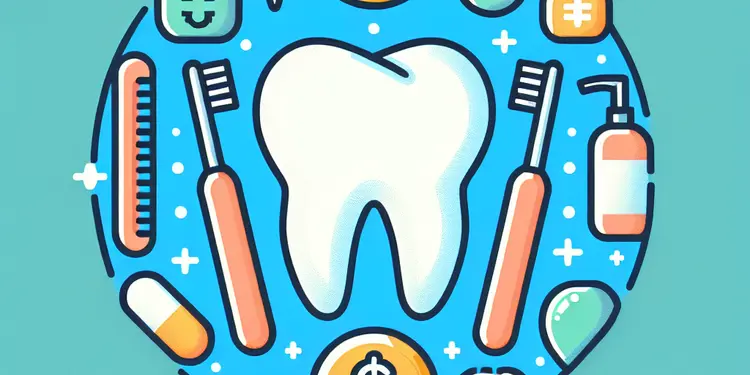
What if I need urgent dental care?
Relevance: 6%
-
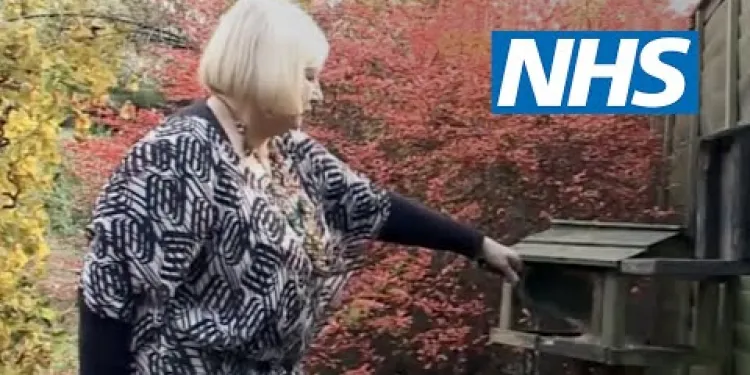
Osteoarthritis: Elaine's story | NHS
Relevance: 6%
-

Can I get Turkey Teeth if I have existing dental issues?
Relevance: 5%
Overview of NHS Braces Availability
In the UK, the National Health Service (NHS) provides orthodontic treatment, including braces, primarily for children under the age of 18. The availability of these services through the NHS is determined by clinical need, as assessed by an orthodontist. This means that not everyone who wants braces will qualify for NHS treatment.
Eligibility Criteria for NHS Braces
Eligibility for receiving braces through the NHS is determined by the Index of Orthodontic Treatment Need (IOTN), a standard measurement system used by orthodontists to assess the necessity of treatment. Generally, an IOTN score of 4 or 5 qualifies a patient for NHS-funded braces due to significant dental health needs, while a score of 1 or 2 typically indicates that treatment is not necessary for health reasons. Scores of 3 may be considered borderline, and additional assessments such as the patient’s aesthetic needs may play a role in the decision.
Orthodontic Treatment for Adults
For adults, gaining access to braces through the NHS is less common. NHS-funded orthodontic treatment for adults is typically reserved for those with complex dental health issues that have substantial health implications, rather than cosmetic concerns alone. Most adults seeking orthodontic treatment for aesthetic reasons will need to pursue private treatment options, which are more widely available but do incur a cost.
Process for Getting NHS Braces
If you or your child might need braces, the first step is to visit a general dentist, who can provide an initial assessment and refer you to an orthodontist if necessary. Once referred, the orthodontist will evaluate the dental condition using the IOTN and determine eligibility for NHS-funded treatment. If eligible, the treatment will usually be scheduled based on availability and priority level.
Waiting Times and Costs
There can be significant waiting times for starting NHS-funded orthodontic treatment due to high demand. It's important to be patient and discuss these expectations with the orthodontist. For eligible patients, the NHS covers the entire cost of treatment, meaning there's no direct charge to the patient for receiving braces through the NHS.
Conclusion
In summary, while the NHS does provide braces for qualifying children and some adults with specific needs, not everyone will be eligible for this service. Those who don't qualify for NHS funding can consider private dental services where a variety of treatment options are available to suit aesthetic and health needs. Consultations with both NHS and private practitioners can help in making an informed decision about orthodontic care.
Overview of NHS Braces Availability
In the UK, the National Health Service (NHS) gives braces mostly to children under 18. An expert called an orthodontist looks at your teeth to see if you need them. Not everyone can get braces from the NHS. Only people with certain needs can get them.
Who Can Get NHS Braces?
A special system helps decide who gets braces from the NHS. This system is called the Index of Orthodontic Treatment Need (IOTN). You get a score from it. If your score is 4 or 5, the NHS can pay for your braces because you need them for health. A score of 1 or 2 usually means you don’t need braces for health. If you get a score of 3, the doctor might look more at how your teeth look to decide.
Braces for Adults
It is not common for adults to get braces from the NHS. The NHS helps adults with big dental health problems, not just to make teeth look nicer. If adults want braces to change how teeth look, they usually need to go private. Private treatment costs money, but it is available.
How to Get NHS Braces
If you think you or your child needs braces, start by going to a dentist. The dentist will check your teeth and might send you to an orthodontist. The orthodontist will then check your teeth using the IOTN score. If you can get NHS braces, they will tell you when you can start treatment.
Waiting and Costs
Because many people want NHS braces, sometimes you have to wait. Talk to your orthodontist about how long it might take. If you get NHS braces, you do not need to pay for them. The NHS covers all the costs.
Conclusion
To sum up, the NHS gives braces to some children and adults who really need them for health reasons. If you cannot get NHS braces, you can always look at private options. Different types of braces are available from private dentists to help your teeth both look nice and stay healthy. Talk to both NHS and private dentists to decide what's best for you.
Frequently Asked Questions
Who is eligible for braces through the NHS?
Children under the age of 18 with a clear clinical need can get braces through the NHS.
Is there a cost for NHS braces?
Braces are free on the NHS for children under the age of 18 if they are deemed necessary.
How do I know if my child needs braces on the NHS?
An orthodontist will assess the child’s teeth and use the Index of Orthodontic Treatment Need (IOTN) to determine eligibility.
What is IOTN?
The Index of Orthodontic Treatment Need (IOTN) is a rating system that helps determine the necessity of orthodontic treatment.
Can adults get braces on the NHS?
Braces for adults are not typically covered by the NHS unless there is a severe medical need.
What types of braces are available on the NHS?
Basic metal braces are typically available on the NHS.
How long is the waiting list for NHS braces?
Waiting times can vary, but there is often a significant waiting list for NHS orthodontic treatment.
Can I choose a private orthodontist for NHS braces?
You must be referred by a dentist to an orthodontist who provides NHS services.
What happens if I don't qualify for NHS braces?
If not eligible, you may consider private treatment, which will incur a cost.
How do I apply for NHS braces?
A referral from a general dentist to an NHS orthodontist is needed.
Are there alternatives if my child doesn't qualify for NHS braces?
Discuss private treatment options or other dental solutions with your dentist.
What age is best to get braces?
Orthodontic evaluation is recommended around age 7; however, braces can typically be fitted between ages 10-14.
How effective are NHS braces?
NHS braces are effective in treating alignment issues if the patient follows the orthodontist's guidance.
Do NHS braces include aftercare?
Yes, follow-up appointments and adjustments are typically included as part of the NHS treatment.
What should I do if my braces break?
Contact your orthodontist as soon as possible to arrange a repair appointment.
How can I maintain my braces?
Maintain excellent oral hygiene, avoid hard or sticky foods, and attend all follow-up appointments.
Will having braces hurt?
Braces may cause discomfort or soreness, particularly after adjustments, but this usually subsides.
Can I still play sports with braces?
Yes, but wearing a mouthguard is recommended to protect your braces and teeth.
What is the duration of treatment with NHS braces?
Treatment typically lasts between 18 months to two years, depending on the severity of the case.
Does having NHS braces affect eating habits?
Some diet adjustments are recommended to prevent damage to the braces and optimize dental health.
Who can get braces through the NHS?
The NHS can help pay for braces for some people. Here is who might get them:
- Children under 18 who really need braces.
- Adults who have serious problems with their teeth.
If you or your child needs braces, ask your dentist. They will say if you can get help from the NHS.
Need extra help understanding? Tools like picture books or videos can make things clearer.
Children who need dental braces and are younger than 18 can get them through the NHS. This means they can get help for their teeth from a doctor.
Parents or carers can talk to a dentist to find out more. It’s important to keep regular dentist appointments. Staying on top of dental check-ups will help with getting the right treatment.
There are tools and techniques to help understand dental visits better:
- Ask the dentist to explain things in a simple way.
- Use pictures or videos to learn about braces.
- Ask questions if you don't understand something.
Do you need to pay for NHS braces?
Children under 18 can get free braces from the NHS if they need them.
How can I tell if my child needs braces from the NHS?
A special dentist, called an orthodontist, will look at the child's teeth. They check if the child needs braces using a guide called IOTN. This helps them decide if the child can get help.
What is IOTN?
IOTN is a way to check how your teeth look and fit together. Dentists use it to see if you need braces. It helps you know how important it is to fix your teeth.
You can ask your dentist to tell you about IOTN. You can also use pictures or videos to understand better.
The Index of Orthodontic Treatment Need (IOTN) is a system that helps decide if someone needs braces or other dental work.
Can grown-ups get braces from the NHS?
Yes, grown-ups can get braces from the NHS, but it's not common. It's mostly for people who really need them for health reasons.
Here’s what you can do:
- See your dentist. They can tell you if you need braces.
- The braces might be free or cost some money.
- Make sure to ask lots of questions if you are not sure about something.
Remember, it's important to keep your teeth healthy. Braces can help with this.
For grown-ups, braces are usually not paid for by the NHS. They only pay if you really need them for health reasons.
What kinds of braces can you get from the NHS?
The NHS can help you get braces to fix your teeth. There are different kinds of braces you can choose from:
- Metal braces: These are made of metal. They are the most common type.
- Ceramic braces: These are like metal braces, but they blend in with your teeth because they are more tooth-colored.
- Clear aligners: These are clear, plastic trays that fit over your teeth. They are not available for all cases on the NHS.
You can talk with your dentist to find out which braces are best for you.
If you find reading hard, you can try:
- Using a ruler or your finger to follow each line as you read.
- Reading out loud with someone else.
- Listening to an audio version if it's available.
Simple metal braces are usually offered by the NHS.
How long do you wait for NHS braces?
Sometimes, you have to wait a long time to see an NHS orthodontist. There are many people who need help, so there is often a long waiting list.
Can I pick my own private dentist for NHS braces?
Your dentist needs to send you to a special teeth doctor called an orthodontist. This orthodontist works with the NHS.
What happens if I can't get NHS braces?
If you can't get braces from the NHS, don't worry. You may have other choices. Here are some things you can do:
- You can talk to your dentist about paying for braces yourself. This is called "private treatment". It might cost money.
- Ask if there are other ways to help your teeth. Your dentist can tell you.
- If you have questions, talk to your dentist. They are there to help you.
Remember, it is good to keep your teeth clean and healthy. Brush your teeth every day!
If you can't get it for free, you might think about paying for it yourself. This will cost money.
How can I get braces from the NHS?
Do you need braces? The NHS can help. Here is how you can get them:
1. Visit your dentist: Go see your dentist. They will check your teeth.
2. Get a referral: If you need braces, your dentist will send you to an orthodontist. An orthodontist is a special dentist for braces.
3. Orthodontist appointment: The orthodontist will look at your teeth. They will tell you if the NHS can pay for your braces.
If they do not offer NHS braces, they might talk to you about private options.
Need help? Ask an adult or someone you trust to go with you to the appointments. They can help you understand what the dentist says.
You need your regular dentist to send you to a special teeth doctor at the NHS. This special doctor is called an orthodontist.
What can I do if my child cannot get braces from the NHS?
Talk to your dentist about getting special dental care or other ways to fix your teeth.
When is the best time to get braces?
Braces help to make teeth straight. Kids can get braces when they have most of their adult teeth. This is usually between 9 and 14 years old. If you think you need braces, talk to your dentist. They can help you and tell you what to do.
Here are some things that can help you understand braces better:
- Talk to a parent or teacher to help you learn more.
- Look at pictures of braces to see what they look like.
- Watch videos for kids about braces.
- Read stories about other kids who have braces.
It is good to see an orthodontist when you are about 7 years old. But, most kids get braces between ages 10 and 14.
Do NHS braces work well?
NHS braces help to straighten teeth. They can fix big gaps and make teeth look better.
Everyone's teeth are different, so braces work in different ways for each person.
Your dentist can tell you how braces will help you. It's important to visit your dentist regularly and follow their advice.
If you want help to understand more, you can:
- Ask your dentist to explain things in a simple way.
- Have a friend or family member with you during the dental visit.
- Use drawings or pictures to see how braces work.
NHS braces work well to fix crooked teeth. They will help if you listen to your dentist and do what they say.
Do NHS braces come with care after getting them?
Yes, follow-up visits and changes are usually part of NHS treatment.
What to Do if Your Braces Break
If your braces break, don't worry. Here’s what you can do:
- Stay calm and don't panic.
- Look in the mirror to see what is broken.
- If a wire is poking you, use the end of a pencil or a cotton swab to gently push it back.
- If you have orthodontic wax, use it to cover any sharp parts that might hurt your mouth.
- Ask a parent or caregiver to call your orthodontist and make an appointment. They will help fix it.
Remember, broken braces happen sometimes. It’s important to be careful when eating and playing sports to protect your braces.
Supportive tools:
- Use a mirror to see your braces clearly.
- Orthodontic wax: You can use this from a dental kit to cover sharp parts.
Call your tooth doctor quickly to fix it.
How can I take care of my braces?
Looking after your braces is important. Here are some easy steps to help you:
- Brush your teeth: Brush your teeth gently after every meal. Use a soft toothbrush.
- Floss daily: Use special floss for braces to clean between your teeth.
- Watch what you eat: Avoid sticky or hard foods, like gum and hard candy.
- Visit your dentist: Go to your dentist for regular check-ups.
Tools that can help you:
- A toothbrush with soft bristles
- Special floss for braces
- Mouthwash to keep your mouth fresh
Ask an adult for help if you need it!
Keep your teeth and mouth clean, don't eat hard or sticky foods, and go to all your dentist check-ups.
Do braces hurt?
Braces can sometimes hurt, especially after getting them adjusted by the dentist. But don't worry, the pain usually goes away after a while.
Can I play sports if I have braces?
Yes, but it is a good idea to wear a mouthguard to keep your braces and teeth safe.
How long do you wear NHS braces?
Treatment usually lasts between 18 months to 2 years. How long it takes depends on how serious the problem is.
Do NHS braces change how you eat?
Here are some tips to help keep your braces safe and your teeth healthy:
Useful Links
This website offers general information and is not a substitute for professional advice.
Always seek guidance from qualified professionals.
If you have any medical concerns or need urgent help, contact a healthcare professional or emergency services immediately.
Some of this content was generated with AI assistance. We’ve done our best to keep it accurate, helpful, and human-friendly.
- Ergsy carfully checks the information in the videos we provide here.
- Videos shown by Youtube after a video has completed, have NOT been reviewed by ERGSY.
- To view, click the arrow in centre of video.
- Most of the videos you find here will have subtitles and/or closed captions available.
- You may need to turn these on, and choose your preferred language.
- Go to the video you'd like to watch.
- If closed captions (CC) are available, settings will be visible on the bottom right of the video player.
- To turn on Captions, click settings .
- To turn off Captions, click settings again.
More Items From Ergsy search
-

ACL Brace
Relevance: 100%
-

Can I get braces through the NHS?
Relevance: 87%
-

If you want NHS braces, watch this!
Relevance: 86%
-

Can my child get braces on the NHS?
Relevance: 86%
-

Making a spinal brace for a scoliotic patient at the RNOH
Relevance: 84%
-

Club foot | NHS
Relevance: 30%
-

How to floss | NHS
Relevance: 26%
-

Ask a physio: 3 common sports injuries and what happens next
Relevance: 25%
-

What treatments are covered by the NHS dental services?
Relevance: 23%
-

Can I get cosmetic dental treatment on the NHS?
Relevance: 23%
-

Can I work or continue sports activities if I have Carpal Tunnel Syndrome?
Relevance: 22%
-

How to treat a sprained ankle
Relevance: 19%
-

Dental Health: Tips for All Ages
Relevance: 16%
-

Parent guide to club foot stretches: Step 1
Relevance: 16%
-

Elbow
Relevance: 15%
-

Are there any alternative treatments for Carpal Tunnel Syndrome?
Relevance: 13%
-

Ganglion Cyst Removal
Relevance: 12%
-

Pelvic Girdle Pain Advice Class
Relevance: 12%
-

Think Pharmacy: Sprains and Strains
Relevance: 12%
-

Can children get free NHS dental care?
Relevance: 12%
-

What are the treatment options for whiplash?
Relevance: 12%
-

Tennis Elbow
Relevance: 12%
-

Do NHS dentists cover cosmetic treatments?
Relevance: 12%
-

Advice on neck pain and whiplash
Relevance: 11%
-

What are common types of mobility equipment?
Relevance: 11%
-

Will the Trump Tariffs affect my business?
Relevance: 11%
-

What non-surgical treatments are available for Carpal Tunnel Syndrome?
Relevance: 11%
-

How can I prevent Carpal Tunnel Syndrome?
Relevance: 11%
-

Can lifestyle changes help manage Carpal Tunnel Syndrome?
Relevance: 11%
-

UK Sees Surge in Respiratory Illnesses as Weather Cools
Relevance: 11%
-

What is the best way to recover from whiplash?
Relevance: 11%
-

Can I get a dentist appointment on the NHS?
Relevance: 11%
-

Can exercise worsen whiplash symptoms?
Relevance: 11%
-

How long do symptoms of whiplash last?
Relevance: 11%
-

Can children get NHS dentist appointments?
Relevance: 11%
-

What is the role of pain management in treating whiplash?
Relevance: 11%
-

NHS 24 | Self-help tips for dental pain
Relevance: 6%
-

What if I need urgent dental care?
Relevance: 6%
-

Osteoarthritis: Elaine's story | NHS
Relevance: 6%
-

Can I get Turkey Teeth if I have existing dental issues?
Relevance: 5%


